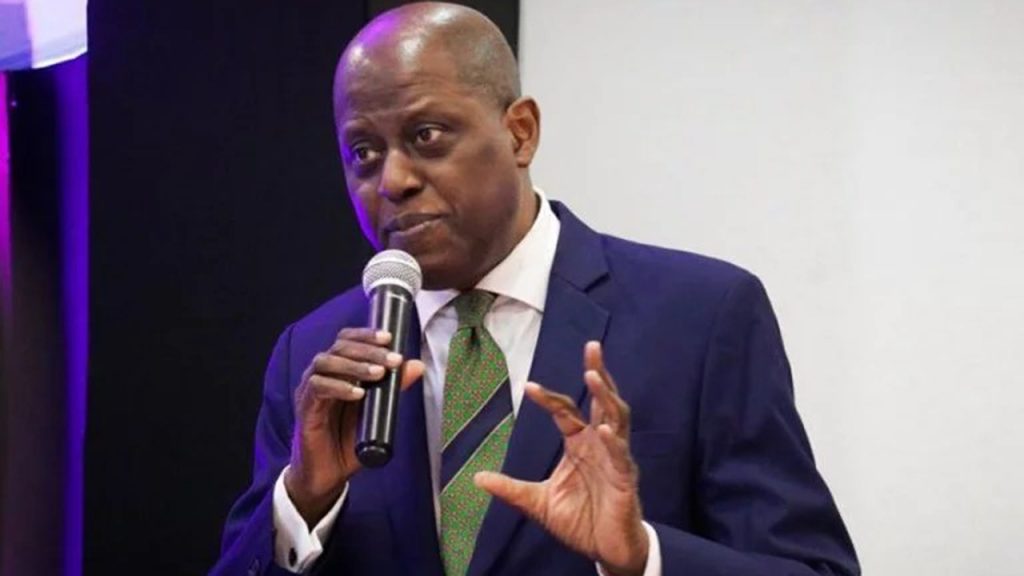The Central Bank of Nigeria‘s (CBN) governor, Olayemi Cardoso, reports that as of November 21, the nation’s foreign reserves had increased to $40.88 billion.
Following the 298th meeting of the monetary policy committee in Abuja on Tuesday, Cardoso addressed a press conference.
According to him, the external reserves increased to $40.88 billion in November from $40.06 billion at the end of October.
In just 21 days, the sum is equivalent to an increase of $82 million, or 2.05%.
He said:
“The external reserves rose marginally to 40.88 billion as of 21 November 2024, from 40.06 billion at the end of October 2024, available to finance 17 months of imports.”
“The process of getting us where we are in terms of reserves has been a long one,” Cardoso added during his remarks at the ceremony.
“It is a clear indication that the policies we have put in place are certainly yielding fruits,” he added.
“However, and it’s very important to make a distinction here and to reiterate the fact that reserves are there for a multiplicity of different purposes, not least of which is to create buffers in the event of unanticipated shocks.
“So they are not there to simply whittle away. They are there to be used to more or less defend yourself where that becomes necessary.
“And when we talk about shocks that are not anticipated, I think we can see how the global economies are.”
Cardoso added that the bank will keep stepping up its efforts to stabilise prices and the currency.
“Compared to what it was in June, the currency has been stable,” the CBN governor said.
However, he stated that greater exports and economic diversification are necessary for the value of the nation’s currency to remain stable.
Cardoso said that actions implemented have led to an increase in diaspora remittances.
He praised the diaspora for assisting the nation in remitting more than $600 million.
